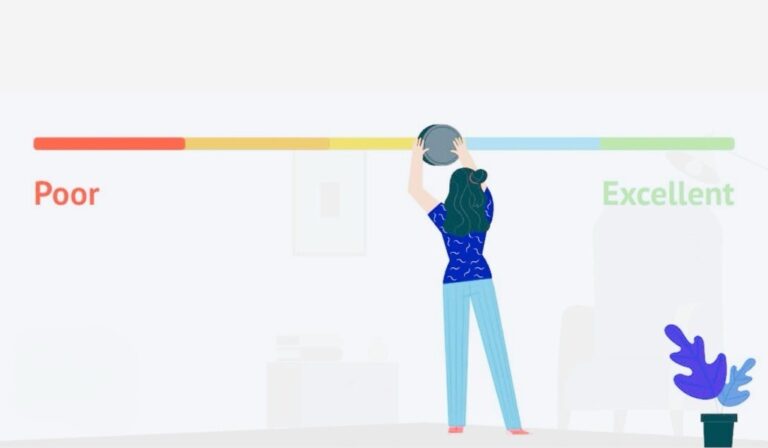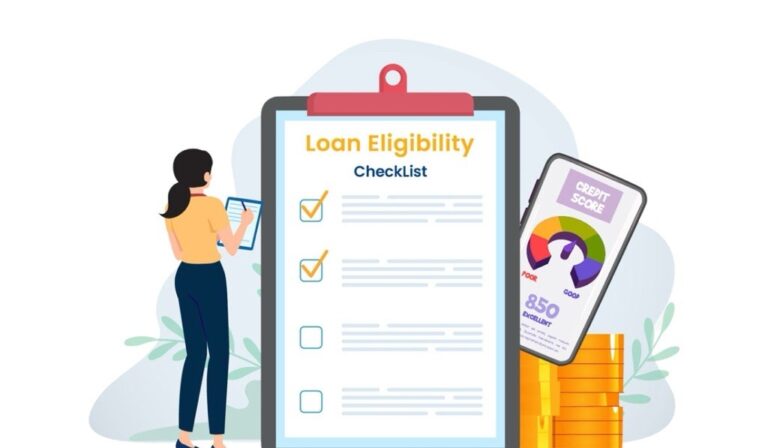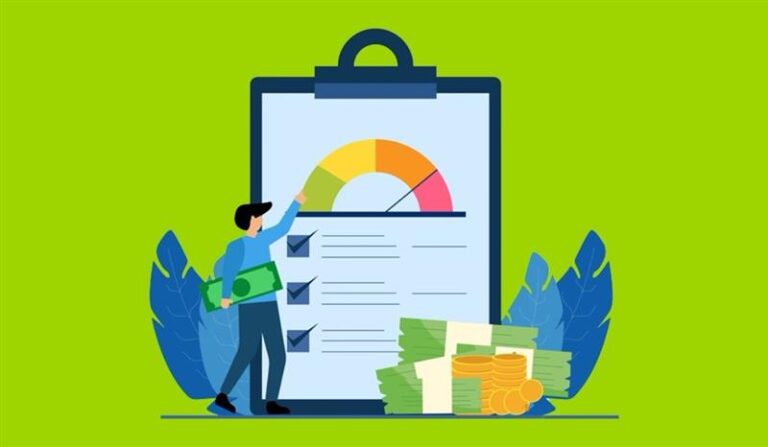Unintentional slip-ups can significantly impact your credit score. Missing payments on loans or credit cards is a big one, as these stay on your report for years. Maxing out your credit limits can also be risky, thus showing your report in a bad light in the eyes of lenders.
Stay vigilant by checking your credit report regularly for errors and managing your credit responsibly can help you avoid these pitfalls.
Avoiding Mistakes That Can Lower Your Credit Score
If you want a home loan or a personal loan, then analyse your Credit Score beforehand. Analysing the mistakes beforehand helps to prevent a negative effect on the score. Here are some points that impact your CIBIL score negatively and thus should be avoided:
1. Missed or Delayed Payments
On-time payments are crucial. Missing or making late payments on your loans or credit card EMIs (Equated Monthly Instalments) can significantly damage your CIBIL score. CIBIL considers payment history as a major factor (around 35% weightage) when calculating your score. Even a single late payment can have a negative impact, especially if you have a limited credit history.
2. High Credit Utilisation Ratio
This metric measures the proportion of your total available credit that you are currently using. Generally, maintaining a ratio over 30% can adversely affect your CIBIL score. For instance, if your credit card limit is ₹10,000 and your outstanding balance is ₹8,000, your credit utilisation rate would be 80%. Such a high rate could lead to a reduction in your CIBIL score.
3. Multiple Loan Applications
When you apply for a loan in India, a hard inquiry is placed on your CIBIL report. While a single inquiry may not have a major impact, multiple inquiries in a short period can lower your score. However, credit bureaus understand that you might be shopping around for the best interest rate. They may group multiple inquiries for the same loan type within 30 days as a single inquiry. So, focus on comparing rates for a particular loan (car loan, personal loan, etc.) within a short period to minimise the impact on your score.
4. Closing Old Credit Accounts
Closing old credit cards is a good way to simplify your finances. However, it can be detrimental to your CIBIL score in two ways. Firstly, CIBIL considers the length of your credit history. Closing an older account shortens the average age of your credit accounts, potentially lowering your score.
Secondly, if the old card had a high credit limit, but you rarely used it, closing it can suddenly increase your credit utilisation ratio on the remaining cards. This ratio compares your credit usage to your total credit limit, and a high ratio can negatively impact your score.
5. Credit Report Neglect
Your CIBIL report is a crucial document containing information about your credit history. You should check your report regularly, ideally once a year, to ensure its accuracy. CIBIL offers a free report annually on their website (CIBIL). Look for errors or discrepancies, such as incorrect payment history or unrecognised accounts. These mistakes can bring down your score. If you find any errors, immediately report them to CIBIL for correction.
6. Co-signing Loans
Co-signing a loan for someone else can be risky. When you co-sign, you essentially guarantee repayment if the primary borrower defaults. This action impacts your CIBIL score in two ways. The loan will appear on your credit report, affecting your credit utilisation ratio. Additionally, if the borrower misses payments, it will be reflected on your report and significantly damage your score. Co-signing should only be done for someone you trust completely, who has a good credit history and can demonstrably afford the loan repayments.
7. Excessive Unsecured Loans
Relying heavily on unsecured loans like personal loans or credit cards can hurt your CIBIL score. These loans don’t involve collateral (an asset used as security), so lenders perceive them as riskier. Having too many unsecured loans increases your credit utilisation ratio and creates a debt burden. This can make you appear overextended and less creditworthy.
Imagine you have a personal loan of ₹2 lakhs and a credit card with a ₹1 lakh limit, on which you carry a balance of ₹80,000. This is a significant amount of unsecured debt. If your total income is low compared to these debts, your CIBIL score might suffer.
8. Ignoring Debt Collection
Ignoring debt collection calls and letters can lower your CIBIL score. When you default on a loan or credit card payment, the lender may sell the debt to a collection agency. These agencies ask for repayment and then report the delinquency to CIBIL. This negative information on your report can significantly lower your score.
9. Not Building a Credit Mix
CIBIL considers a healthy mix of credit types when calculating your score. This includes both revolving credit (credit cards) and instalment credit (loans like mortgages or car loans). Hence, it is advised to balance each of these to avoid lowering the credit score limit.
10. Being Financially Thin
Having a limited credit history can make it challenging to have a good CIBIL score. This is often referred to as being “financially thin.” If you have very few credit accounts or haven’t used credit for a long time, CIBIL may have insufficient data to assess your creditworthiness. This indirectly lowers your credit score, thus making it difficult for you to take the loan.
Also, read:
- How to increase CIBIL/Credit Score? (13 smart ways to improve CIBIL score)
- How to check and remove your name from CIBIL’s Defaulter List?
- How do I contact CIBIL for Consumer Complaints?
Conclusion
In conclusion, maintaining a good credit score is essential for financial stability and obtaining loans at favourable interest rates. Avoiding mistakes such as missed payments, high credit utilisation ratios, multiple loan applications, closing old credit accounts, neglecting credit reports, and excessive unsecured loans can help prevent a negative impact on your credit score.
Frequently Asked Questions
- How often should I check my credit score?
It is advised to check the credit score once every six months to avoid any pitfalls.
- What can I do to improve my credit score?
One should pay their EMIs timely and avail of secured loans to improve their credit score. With PayMe’s Credit Assist, you can get personalised solutions according to your credit score to increase your CIBIL in only a few months.
- How long does it take to improve my credit score?
It takes around 6 to 10 months to improve the credit score.
Also, check:
- CIBIL Score for Bike Loan
- CIBIL Score for Personal Loan
- How to get a personal loan with a CIBIL defaulter status?
- How to check and remove your name from CIBIL’s Defaulter List?
- How do I contact CIBIL for Consumer Complaints? Check CIBIL Customer Care Number
- What are all the mistakes that Can Lower your Credit Score?
- CIBIL Login and Registration Process
- Credit Rating Agencies in India





